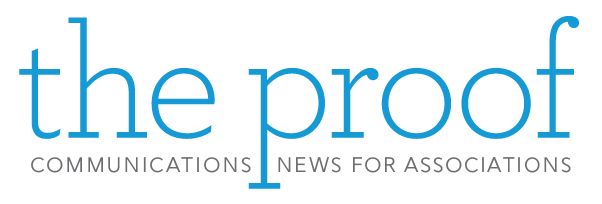
Many associations offer a digital version of their magazines via their websites using flipbooks that replicate the look and feel of a magazine but allow the publication to be easily read at a desktop computer.
Is this the best format for your members?
While the online flipbook provides a simple way to allow easy access and to digitally archive issues of the magazine, online content is being viewed more frequently on tablets and smartphones. Statistics show that consumption of digital media on mobile devices has increased from 18 minutes per day in 2008 to almost three hours in 2015. A 2021 Pew Research Study found that the large majority of Americans – 86% – say they get their news and information from digital devices.
Unfortunately, flipbooks are not easy to read on smaller tablets or smartphones. Their format does not flex with the size and shape of mobile devices. Another downside is that flipbooks are not ranked strongly in Google search results pages. This means that someone searching online for a topic, expert source, or answer to a question may not see your content, even if it applies directly to their search.
Online newscenters have addressed some of the formatting and searching challenges but magazine advertisers still want the same impact of advertisements appearing along with editorial content. Newscenters also don’t usually include some of the standing columns from CEOs, presidents, and other association leaders or articles on conferences, meetings, or member news.
A newer strategy for association publications is a digital magazine that can be easily viewed on a desktop but also changes to a tablet or smartphone view with no degradation of readability – and no need to pinch, zoom, flick, and scroll to read articles. The digital publication includes all of the same content as a print magazine in a simpler format to read, search and share on social media.
Conference and trade show guides are another excellent use of the platform. Easily viewed on mobile devices, attendees will always have the latest information about seminars, exhibitors, news, and events with them at all times – without the expense and “drama” of publishing a printed guide.
LLM Publications now offers this platform for clients. Associations can produce the digital publication that can be used across desktop and mobile platforms. Advertisers still appear in the publication although ads are sized differently than print publications.
The benefits of eMag include less fluctuation in the costs associated with printing such as paper expense and availability, improved connection with members who routinely rely on mobile devices, and a modernized digital experience.
For more information about LLM Publications’ eMag publishing management services, contact Sigrund Shoemaker, sigrund@llmpubs.com.





